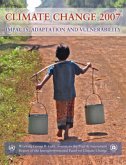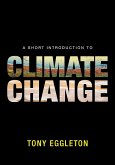Global warming is one of today's greatest challenges. The science of climate change leaves no doubt that policies to cut emissions are overdue. Yet, after twenty years of international talks and treaties, the world is now in gridlock about how best to do this. David G. Victor argues that such gridlock has arisen because international talks have drifted away from the reality of what countries are willing and able to implement at home. Most of the lessons that policy makers have drawn from the history of other international environmental problems won't actually work on the problem of global warming. Victor argues that a radical rethinking of global warming policy is required and shows how to make international law on global warming more effective. This book provides a roadmap to a lower carbon future based on encouraging bottom-up initiatives at national, regional and global levels, leveraging national self-interest rather than wishful thinking.
Hinweis: Dieser Artikel kann nur an eine deutsche Lieferadresse ausgeliefert werden.
Hinweis: Dieser Artikel kann nur an eine deutsche Lieferadresse ausgeliefert werden.








